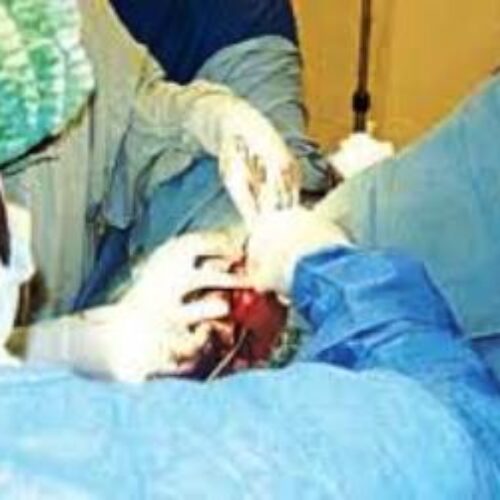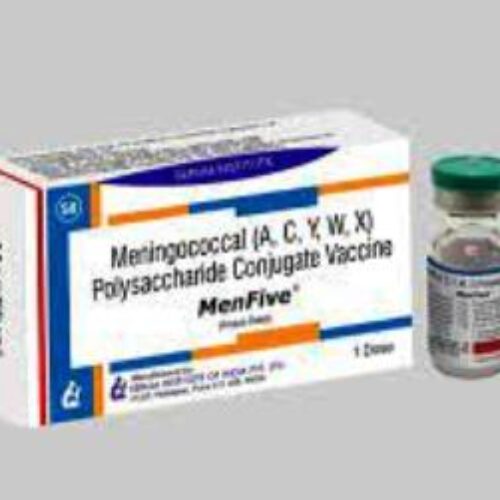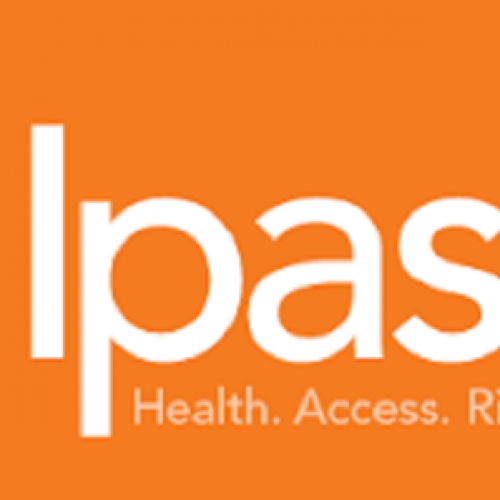NASS to compel FG to implement National Health Act in 2017 – Tejuoso
The National Assembly has pledged to ensure that the Federal Government implements the National Health Act which was signed into law in 2014 by former President Goodluck Jonathan, Chairman, Senate Committee on Health, Sen. Olanrewaju Tejuoso has said.
Tejuoso stated this yesterday in Abuja at a panel discussion during a two-day “Nigeria Nutrition Workshop” sponsored by Civil Society Scaling up Nutrition in Nigeria, CS-SUNN, Weber Shandwick and other notable non-governmental organizations operating in the country.
He also said the priority of the Federal Ministry of Health in 2017 would be to fund nutrition and ensure that destinies of millions of malnourished and stunted children in the country are changed for good.
According to him, there are 2.5 million acutely-malnourished children in the country, while it is estimated that about N94 billion is required to cater for 1.9 million of the children in 2017. He restated plan by United Nations Children Fund, UNICEF, to cater for 600,000 of the children next year.
Tejuoso expressed sadness over poor funding for nutrition in the country, stressing that malnutrition kills 1,5000 children yearly in the nation. “When we had two people identified with polio in the northeast, immediately, funding came because of you people that made so much noise in the newspapers. And, polio received so much money compared to malnutrition that is killing 1500 children daily. Polio doesn’t kill anybody if you don’t get the fund. Though we don’t want the children to be deformed, I just want to tell you that malnutrition that is killing 1,500 daily is not receiving the attention compared to what polio receives,” he stated.
Speaking on the legislators’ decision to compel government to implement the National Health Act, he said: “There are certain laws that we have passed in the National Assembly on health where there are minimum expectations from the government. If we cannot obey our own laws, we might as well go home by doing nothing. Specifically, we said that one percent of the Consolidated Revenue Fund must be allocated to the basic health need. So, this is the law of Nigeria. We are not even going to the African Declaration, the Abuja Declaration 15 years ago, which said 15 percent of the budget must go towards health. We are not even going to that yet. But, the one that is our own law, National Assembly of Nigeria… We are hoping that 2017 budget will respect that particular law.
“I discussed with the Senate President, who is also a medical practitioner like me. So, we are very passionate to ensure that during our time, at least, there is a difference in the health sector. That is our profession really before going into politics. The law that we met was signed into law in 2014 by former President Goodluck Jonathan.
“One percent minimum that we are talking about, it is now over two years, it has not been implemented. So, what we are saying is there is now change. We call it change. Something must change for the better. So, the change that we are looking for in health must start from obeying the laws of health, which is that minimum one percent requested by the constitution to encourage our development partners. If money will be put into basic health and we now expect the private sector to participate, we must do our own bit as government, whereby minimum one percent in put into that fund.”








0 Comments
No Comments Yet!
You can be first to comment this post!